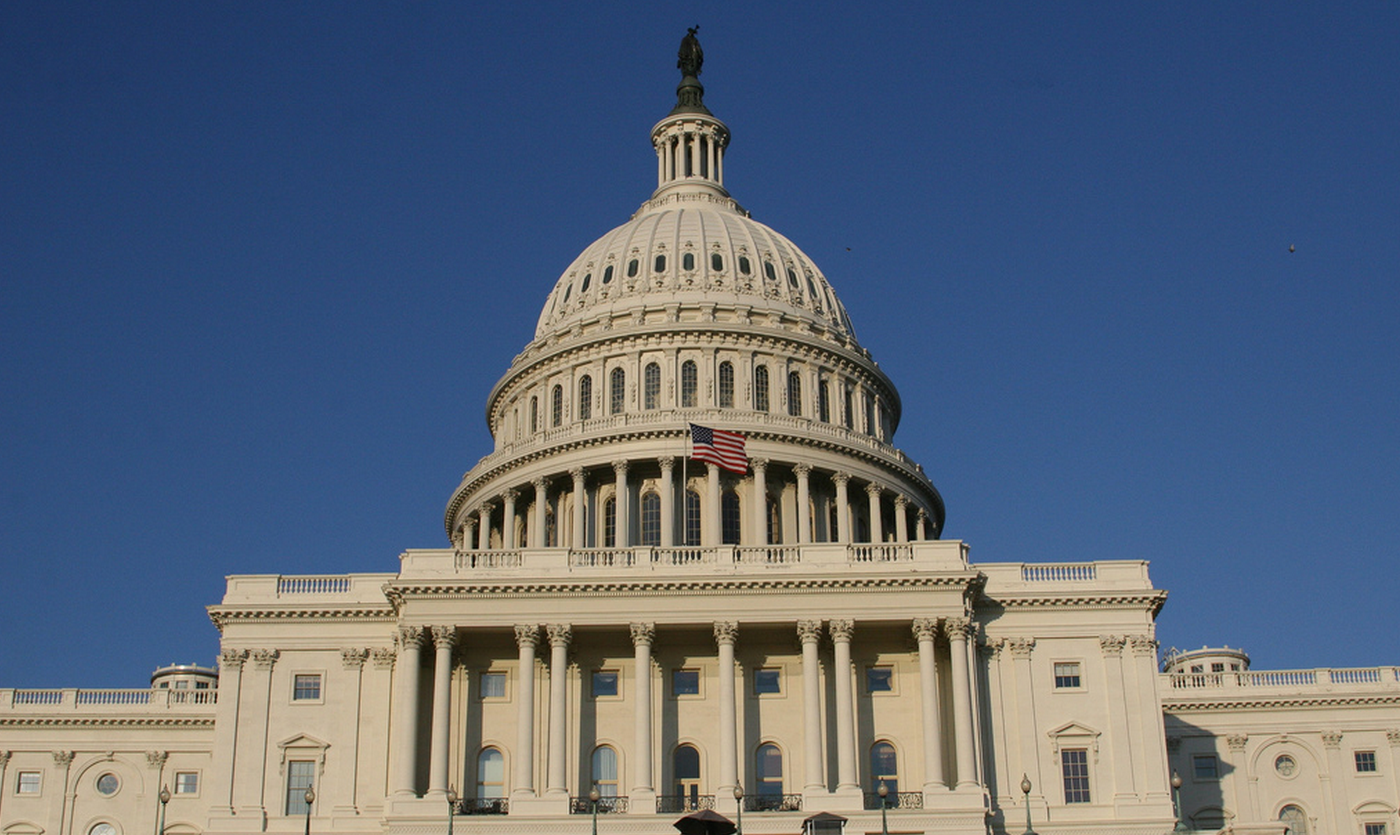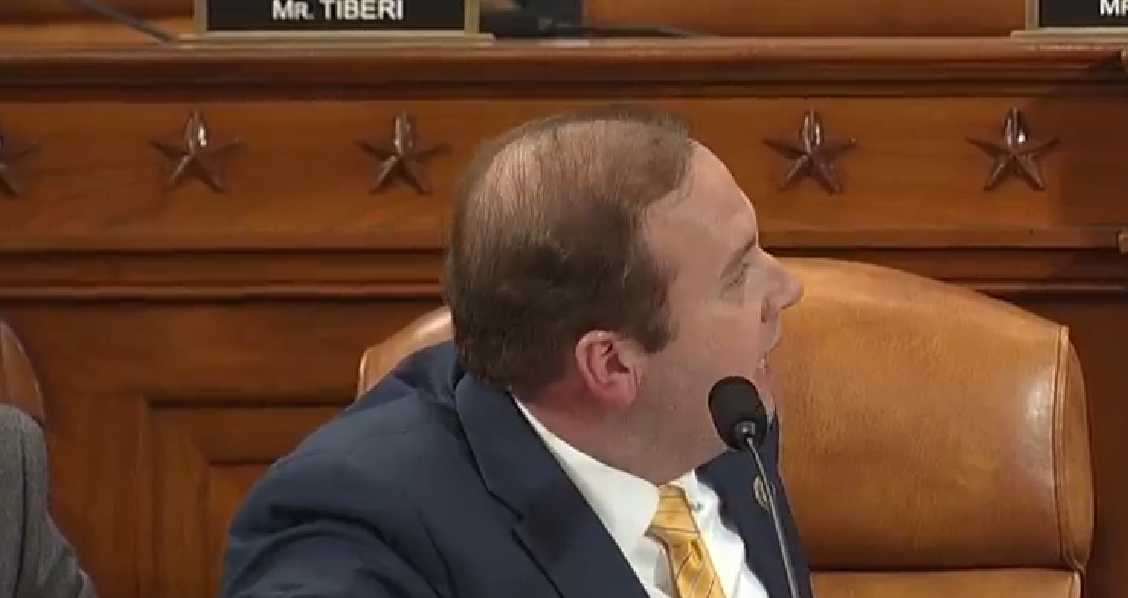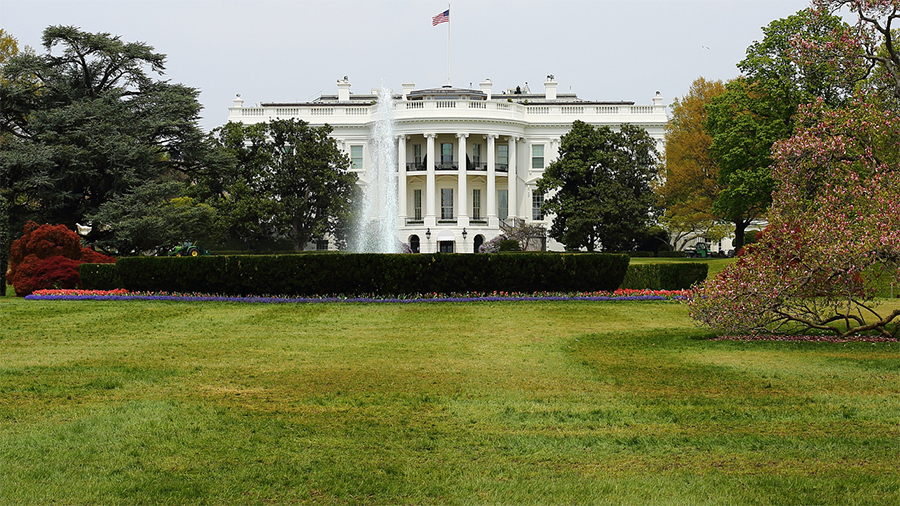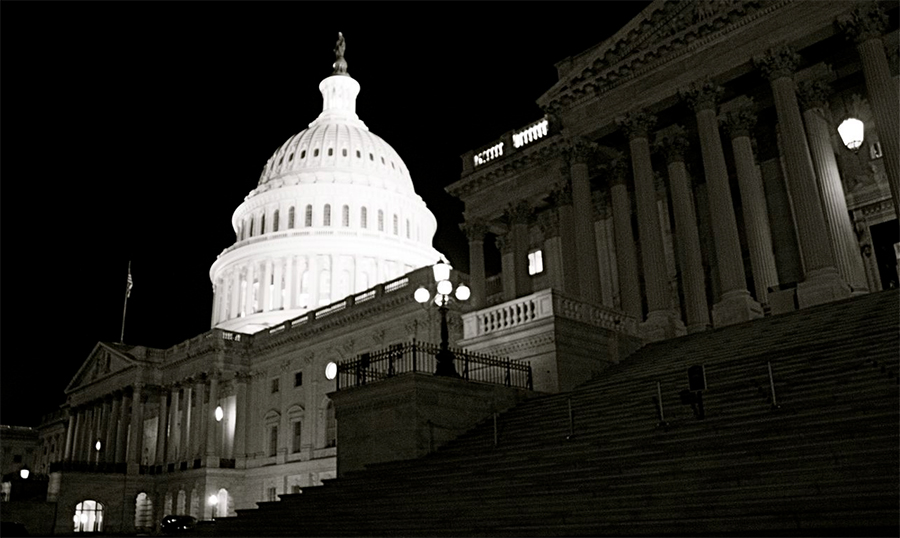The White House is working with Republican lawmakers in Congress to revive legislation that would repeal and replace core parts of the Affordable Care Act, but some of the changes being discussed to make this bill more palatable to opponents may take away one of the more popular aspects of the ACA. [More]
obamacare

Coverage For Pre-Existing Conditions Could Be At Risk In Latest Obamacare Repeal Plan

GOP Pulls Obamacare Repeal Bill Minutes Before Scheduled House Vote
Facing all but certain death in the House of Representatives, the American Health Care Act — the budget resolution intended to repeal much of the 2010 Affordable Care Act — was pulled from consideration only minutes before legislators were set to vote. [More]

Congressional Budget Office: Obamacare Repeal Plan Would Leave 24 Million Additional People Without Insurance By 2026
Two Congressional committees have already passed their legislative efforts to repeal the Affordable Care Act without waiting for feedback from the nonpartisan Congressional Budget Office on how these bills would affect the number of insured in the U.S. The CBO has now released its analysis, concluding that the repeal would result in 14 million fewer people having health insurance in only the first year. After a decade, the CBO estimates that 24 million more people would be without coverage than if the existing plans were kept in place. [More]

Highlights From The House Debate On Tanning Tax That Turned Into A Sideshow
Among the lesser-discussed points of the Affordable Care Act repeal and replace legislation is a move to get rid of a 10% tax on the use of tanning salons. Why is this suddenly an issue, and how did it cause the House Ways and Means Committee’s discussion of the bill to devolve into a sideshow, complete with debates on the merits of ice cream and Spain’s tax on the sun? [More]

Hospital, Doctors Groups Say They Can’t Support Current Obamacare Replacement Proposal
People are still dissecting and deciding where they come down in response to the recently proposed legislation to repeal and replace the Affordable Care Act. Yesterday, two of the largest groups in the American healthcare business advised lawmakers that they are not thrilled with what they’ve seen so far. [More]

Key Players Give Their Opinions — For And Against — On GOP’s Obamacare Replacement
After years of railing against the Affordable Care Act and calling for its repeal, and following weeks of secrecy, coyness, and treasure hunts around Capitol Hill, GOP lawmakers have finally proposed this much-awaited legislation. Now that it’s out there, what are folks from all sides of the political spectrum saying? [More]

Congressional Committees Release Text Of Obamacare Repeal & Replacement Bills
The piece of legislation that has been the hottest ticket in D.C. — the GOP effort to repeal and replace the Affordable Care Act — is beginning to take shape, with the release by the House Committee On Energy & Commerce and the House Ways & Means Committee of their proposals to undo the healthcare reform legislation. [More]

Report: Obamacare Replacement Will Likely Cover Fewer Americans
So far, the only thing the White House has said about its plans to replace the Affordable Care Act is that it would provide “insurance for everyone” and that people would be “beautifully covered,” but comments coming out of Washington indicate that not everyone will be able to obtain coverage under the replacement plan. [More]

Hospitals To Congress: Keep Obamacare Or Restore Billions In Payments To Cover Uninsured
When a patient shows up to the emergency room needing immediate life-saving surgery, they are going to receive treatment whether they have insurance or not. With both Congress and the White House pushing for repeal of the Affordable Care Act, hospital administrators are telling lawmakers they will need to restore billions of dollars a year in federal funding to hospitals to cover the costs of treating uninsured and low-income patients. [More]

Trump Executive Order Directs Federal Agencies To Scale Back Obamacare; Could Remove Individual Mandate
One of President Trump’s first acts in the Oval Office on Friday was to sign an executive order directing federal agencies to scale back on enforcing and implementing the Affordable Care Act wherever they can, while the new administration and Congress work on dismantling the 2010 law. [More]

3 Benefits Your Employer-Sponsored Health Care Could Lose After Obamacare Repeal
With the House and Senate moving forward with their plan to disassemble the Affordable Care Act through a budget resolution, much of the focus has been on the millions of people who would be affected by losing insurance that they purchase directly through an exchange. However, the ACA also has a number of aspects that benefit Americans who receive insurance through their employer, some of which could be at risk if the law is repealed. [More]

Report: Affordable Care Act Repeal Could Increase Rates, Leave 18 Million Without Coverage After First Year
Last week, both the House and Senate took the first steps toward dismantling the Affordable Care Act. This morning, a review by the nonpartisan Congressional Budget Office concluded that one approach to repealing this law would result in millions of additional uninsured Americans and higher rates for those with insurance. [More]

House Joins Senate In Taking First Step Toward Affordable Care Act Repeal
About 36 hours after the U.S. Senate narrowly voted to approve a budget resolution that gets the ball rolling on repeal of the Affordable Care Act, the House of Representatives has also okayed the resolution by a vote that largely — but not unanimously — followed party lines. [More]

Senate Takes First Step Toward Repealing Affordable Care Act
In the early hours of Thursday morning, the U.S. Senate voted — largely along party lines — on a resolution instructing multiple legislative committees to begin the process of disassembling the 7-year-old Affordable Care Act. [More]

Aetna Quitting Health Insurance Exchanges In 11 States
The basic principle behind the Affordable Care Act was that by requiring all Americans to have health insurance, people would pay for insurance even when they weren’t sick, making the risk pool bigger and letting insurers cover more services and people who are already sick. Insurance companies say that it isn’t working out that way, though. Insurance giant Aetna announced that it will leave individual insurance exchanges in 11 out of the 15 states where it does business. [More]

Federal Government Could Extend Open Insurance Enrollment To April 15
2014 tax returns are the first ones that American taxpayers are filing since the health insurance subsidies, mandate, and penalties of the Affordable Care Act have come into effect. Included in our tax returns this year will be a penalty of 1% of income for people who don’t have health insurance that provides a minimum level of coverage. That penalty is taking some people by surprise. [More]

34% Of Uninsured Choosing To Stay Without Health Coverage, 70% Don’t Know About Subsidies
We’d like to think that most of you know that March 31 is the deadline to obtain health insurance or face a penalty for lack of coverage, but if you’re one of the millions of uninsured Americans, it’s about a 50/50 chance that you’re actually aware of this deadline. And to about one-third of the country’s uninsured, the deadline doesn’t matter because they are choosing to go without coverage. [More]

